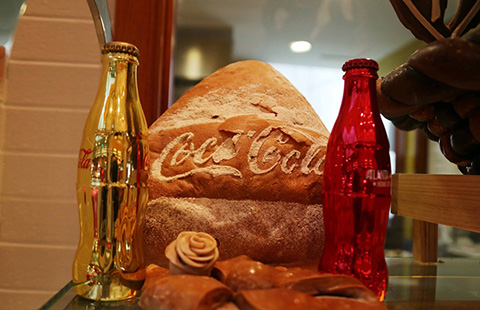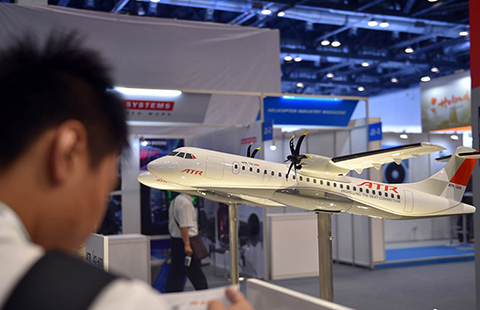Shanghai, Beijing becoming as expensive as European cities
By Du Juan (chinadaily.com.cn) Updated: 2015-09-18 15:43The living cost in Shanghai and Beijing is higher than Madrid as the cost of living in the two cities rises to the level of Europe, according to a report published on Thursday by the United Bank of Switzerland (UBS) AG, a global financial service company.
In the report, the 16th edition of Prices and earnings study, UBS analysts compared the purchasing power in 71 cities across the globe.
The price level rankings reveal the relative cost of goods and services worldwide. Zurich, Geneva, and New York City have the highest prices, over 2.5 times higher than those in Bucharest, Sofia, and Kiev, which have the lowest, said the report.
Some consumer goods are available all over the globe. UBS calculated how much time an average worker in each city must work to earn enough to purchase each one.
The report takes staple consumer goods such as McDonald's Big Mac and Apple iPhone to compare the affordability in different cities.
Workers in Hong Kong only have to work on average nine minutes to be able to buy a Big Mac, while workers in Nairobi have to work almost three hours.
Workers in Shanghai need to work around 164 hours to buy an iPhone 6 while workers in Beijing need to work 54 hours more to grab one.
In contrast, workers in cities such as Zurich and New York City require on average less than three days on the job to be able to buy an iPhone 6 while workers in Kiev must labor, on average, over 13 weeks to earn enough for the same phone.
According to the report, workforces in Shanghai have seven days' paid vacation on average, the least in the world. People who work in Beijing have 10 day's paid vacation, the third lowest in the world.
- Senior New Zealand minister to discuss FTA upgrade in China
- New Aussie PM Turnbull stanch supporter of China-Australia FTA
- China's housing market continues to pick up
- Google demos online marketing strategies to support Chinese SMEs
- Sri Lankan govt extends agreement of port city project
- Corporate culture that belittles employees will not last long
- Let us see some substance behind SME rhetoric
- A tradition spanning beer and science















